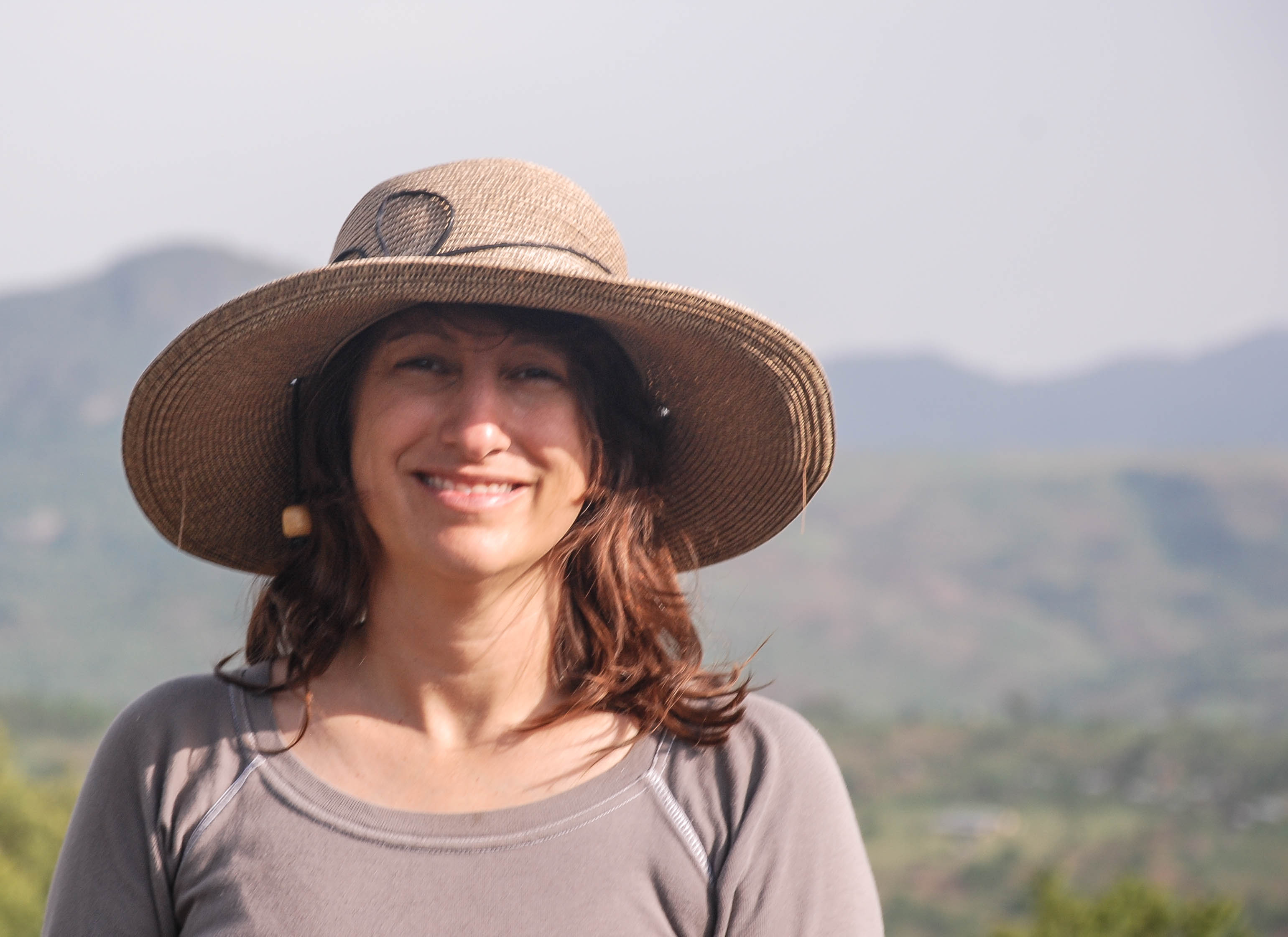
Courtesy of Kathryn Weedman Arthur
By Katlynn Mullins
Anthropology professor Kathryn Weedman Arthur received a $240,000 grant from the National Science Foundation to study a culture’s history and its effect on the surrounding land.
The study will focus on the Boreda Gamo, an indigenous culture in Southern Ethiopia, and the more than 200 nearby forests.
The forests are sacred, and no one can enter without community consent. Arthur has been working with and learning about the culture since 1996. They have accepted her, and she is considered a citizen among them.
The team is made up of international researchers from the U.S., Italy, France and Ethiopia. They will conduct shovel tests, or archaeological digs, to find artifacts from the 13th through 19th centuries.
Then, the researchers will compare them with modern ceramic forms to determine the culture’s activities and when the artifacts were made. The same will be done with the land through environmental assessments inside the forests.
One goal of the study is to help the culture, as the Boreda Gamo have a poor reputation in Ethiopia, according to Arthur.
They have been painted as “passive during pre-colonial assaults,” Arthur said.
By studying their past, the team will assist in “providing them with a place of dignity in Ethiopia’s history,” she said.
The study will offer a model for how people successfully engage the landscape to survive human and environmental atrocities — through resistance or resilience.
Arthur said she also hopes this study will provide “potential solutions to our future climate and socio-economic vulnerabilities.”



